The news that Taiwanese (Chinese) star Barbie Hsu passed away in Japan due to pneumonia complications from the flu has further increased people's concern about seasonal flu.
The news that Taiwanese (Chinese) star Barbie Hsu passed away in Japan due to pneumonia complications from the flu has further increased people's concern about seasonal flu.
Around the world, countries like the US, China, India and European countries are facing serious flu outbreaks.
Hospitals are facing overcrowding, while vaccination remains the main preventive measure to prevent the spread of the virus.
[embed]https://www.youtube.com/watch?v=FHiM8dFuBKM[/embed]
In early January, statistics from Japan's National Institute of Infectious Diseases showed that the average number of seasonal flu patients in Japan per week reached its highest level since 1999, with worrying complications related to the brain and lungs.
Statistics from more than 5,000 medical facilities across Japan show that during the week (December 22-29, 2024), there were a total of 317,812 new cases of seasonal flu, an increase of 100,000 cases compared to the previous week.
On average, each medical facility had about 64.39 new cases, an increase of 21.73 cases compared to the previous week, the highest number since statistics began in 1999.
According to the World Health Organization (WHO), seasonal flu is an acute respiratory infection caused by influenza viruses that circulate globally.
Influenza viruses typically cause symptoms such as fever, cough (usually dry), headache, muscle and joint pain, fatigue, sore throat and runny nose. In Vietnam, according to the Ministry of Health, influenza A and influenza B are the two most common types of influenza.
The study also noted year-round influenza circulation, with alternating peaks between different strains and subtypes.
In addition, avian influenza is a particular concern during Tet when demand for poultry increases. People need to be careful when selecting and processing poultry to ensure food safety and hygiene.
According to statistics from the Ministry of Health, the number of flu cases often increases dramatically during the Lunar New Year. The main reason is the erratic weather: The North often experiences cold spells alternating with warm sunshine, while the South has sudden changes in temperature between day and night, creating favorable conditions for the flu virus to develop.
Crowded gatherings: Shopping, spring outings, and visiting relatives create opportunities for the flu virus to spread rapidly. Changes in living habits: During Tet, many people stay up late and eat irregularly, which weakens their immune system and creates conditions for infectious diseases.
The common types of flu in winter and spring are seasonal flu: Caused by influenza viruses type A and B, seasonal flu often appears in winter and spring with symptoms such as high fever, headache, sore throat and fatigue.
Influenza A/H1N1: This is a variant of influenza A virus that has become a major concern as new strains appear. Initial symptoms are similar to seasonal flu but can become severe quickly, especially in the elderly and young children.
Influenza A/H5N1: The H5N1 avian influenza virus is very dangerous, with a high mortality rate. Although rare in humans, when infected, influenza A/H5N1 can cause serious respiratory complications.
Influenza B: Influenza B is usually milder than influenza A but still requires careful monitoring. Influenza B viruses mutate less, but can still cause small-scale outbreaks.
Covid-19 (new variant): Although no longer a pandemic, Covid-19 continues to appear with new variants. Experts predict that a new variant may appear during Tet 2025, requiring people to remain vigilant.
According to medical experts, the signs to identify specific types of flu are: Seasonal flu: Fever from 38-39°C, sore throat, fatigue. Incubation period from 1-4 days.
Influenza A/H1N1: High fever above 39°C, dry cough, difficulty breathing, possibly accompanied by diarrhea. Incubation period from 3-7 days.
Influenza A/H5N1: Very high fever, severe difficulty breathing, chest pain. Incubation period from 2-5 days.
Covid-19: Fever, dry cough, loss of smell and taste. Incubation period from 2-14 days.
To prevent seasonal flu, Dr. Nguyen Tuan Hai, Safpo/Potec Vaccination System, said that annual flu vaccination is the most effective preventive measure.
The quadrivalent influenza vaccine protects against four common strains of influenza virus. WHO has long established seasonal influenza virus monitoring stations around the world (including in Vietnam) to isolate and identify seasonal influenza viruses circulating in regions (geographical, climatic, Northern and Southern hemispheres, etc.).
From there, predict and determine the influenza virus strain that will appear in the winter-spring season in the Northern Hemisphere (from October to the end of April next year) and in the winter-spring season in the Southern Hemisphere (from May to October every year).
From determining which influenza virus strains are likely to prevail where (Northern and Southern Hemispheres), WHO will provide guidelines on influenza virus strains for the production of seasonal influenza vaccines for vaccine manufacturers to follow and supply to the market at the best time (Northern Hemisphere is around August-September, and Southern Hemisphere is around April-May every year).
That is why we living in Vietnam need to get a seasonal flu vaccine once a year and before the flu season starts, as well as getting the recommended seasonal vaccine.
Because Vietnam is located in the tropical monsoon region, the flu season in the North and the South may differ slightly in time, but because it is located entirely in the Northern Hemisphere and according to WHO recommendations, it is advisable to get the correct Northern Hemisphere seasonal vaccine, which covers from this winter to the end of next spring. That means, to prevent seasonal flu, everyone should get vaccinated in the fall.
Regarding the question of whether the flu vaccine is only given to children or adults, according to Dr. Nguyen Tuan Hai, both adults and children need to get the seasonal flu vaccine to protect their health.
In addition, people need to practice good personal hygiene: Wash hands regularly with soap, cover mouth when coughing or sneezing, and avoid close contact with sick people.
Stay healthy: Eat nutritious food, exercise and get enough sleep to boost your immune system. Rest: Rest helps your body recover quickly.
Drink plenty of fluids: Drink water, juice and warm soup to avoid dehydration. Pain and fever relief: Use paracetamol or ibuprofen to reduce fever and headaches. Antiviral drugs: Used in cases of severe infection or high risk of complications
Source: https://baodautu.vn/bien-chung-cum-mua-nguy-hiem-the-nao-d244121.html


![[Photo] National Assembly Chairman Tran Thanh Man meets with General Secretary and President of China Xi Jinping](https://vstatic.vietnam.vn/vietnam/resource/IMAGE/2025/4/14/4e8fab54da744230b54598eff0070485)
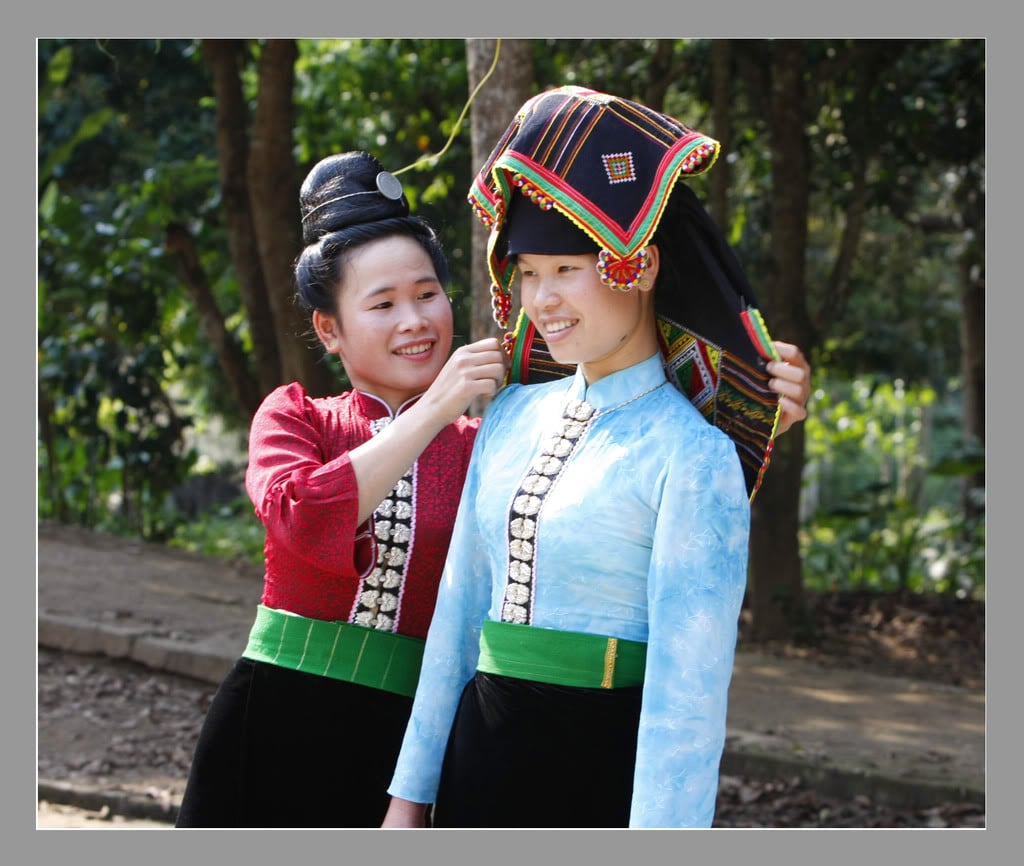
![[Photo] Reception to welcome General Secretary and President of China Xi Jinping](https://vstatic.vietnam.vn/vietnam/resource/IMAGE/2025/4/15/ef636fe84ae24df48dcc734ac3692867)


![[Photo] Tan Son Nhat Terminal T3 - key project completed ahead of schedule](https://vstatic.vietnam.vn/vietnam/resource/IMAGE/2025/4/15/85f0ae82199548e5a30d478733f4d783)







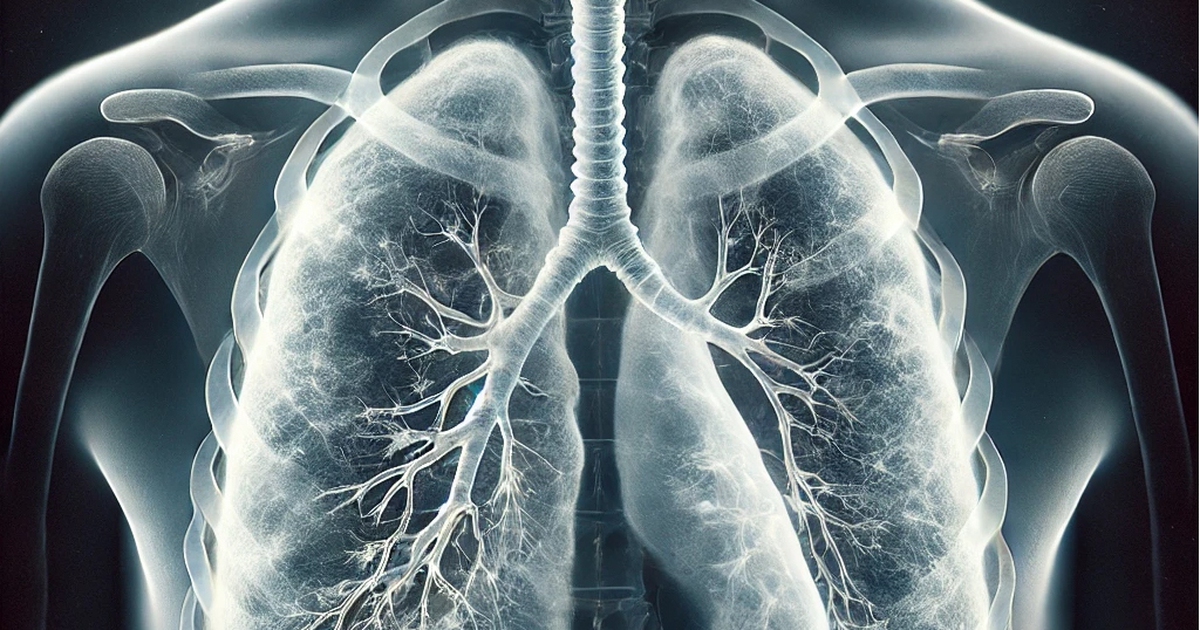





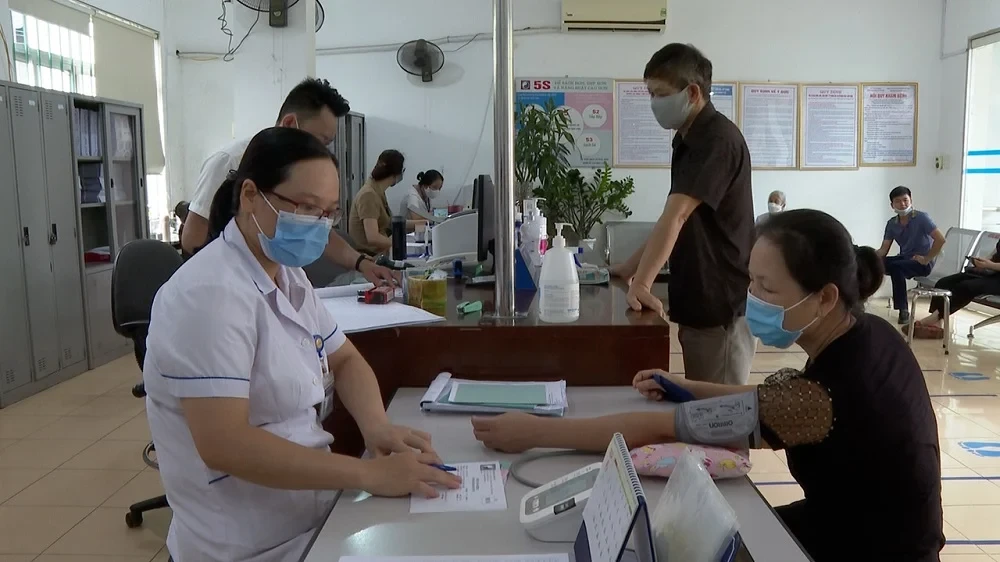










![[Photo] Prime Minister Pham Minh Chinh meets with General Secretary and President of China Xi Jinping](https://vstatic.vietnam.vn/vietnam/resource/IMAGE/2025/4/14/893f1141468a49e29fb42607a670b174)
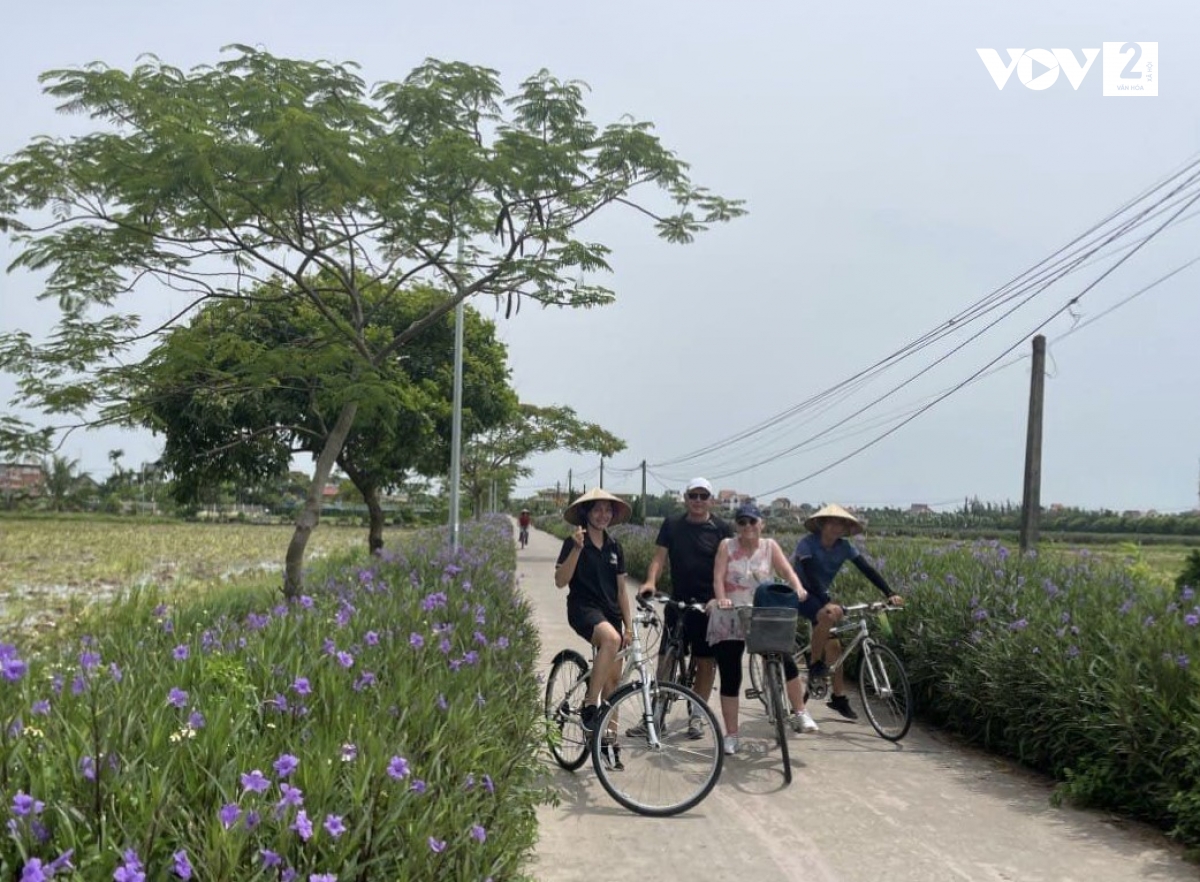









































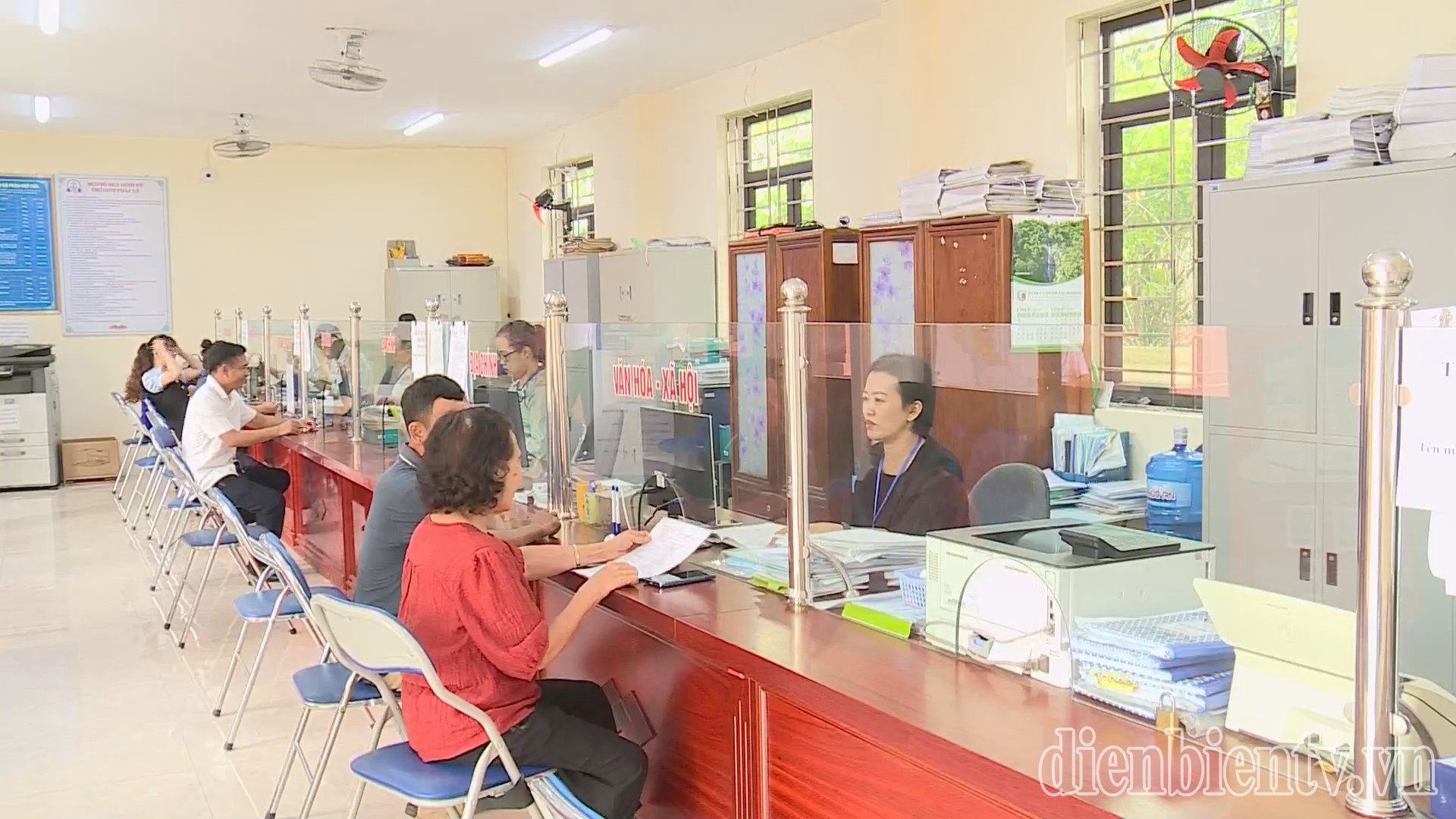





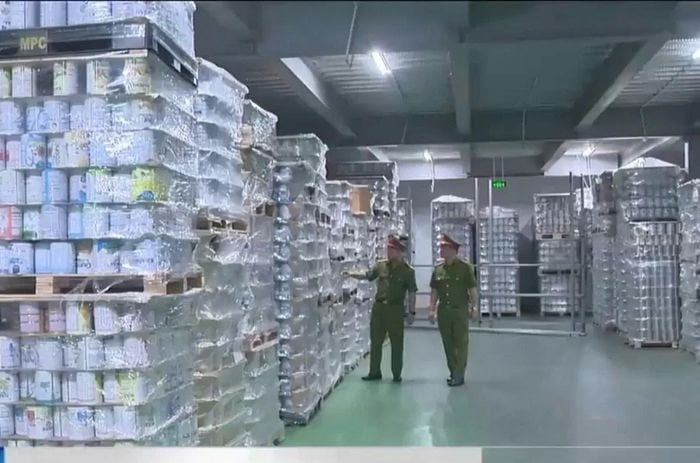



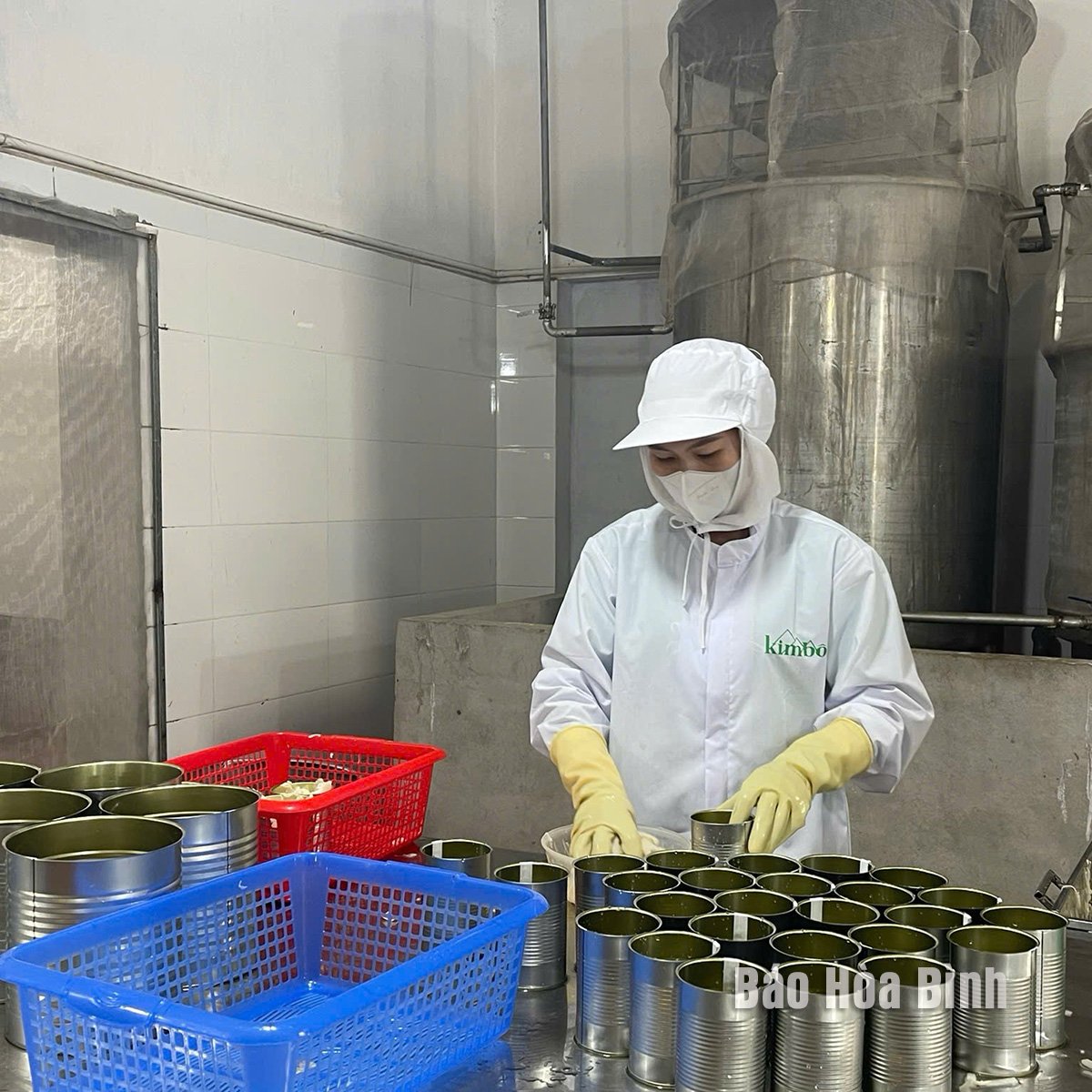

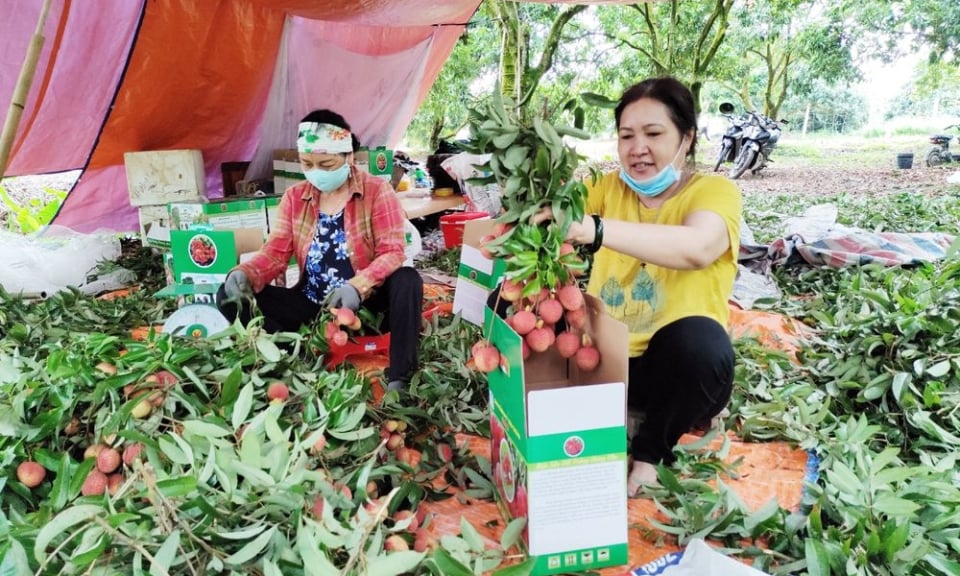

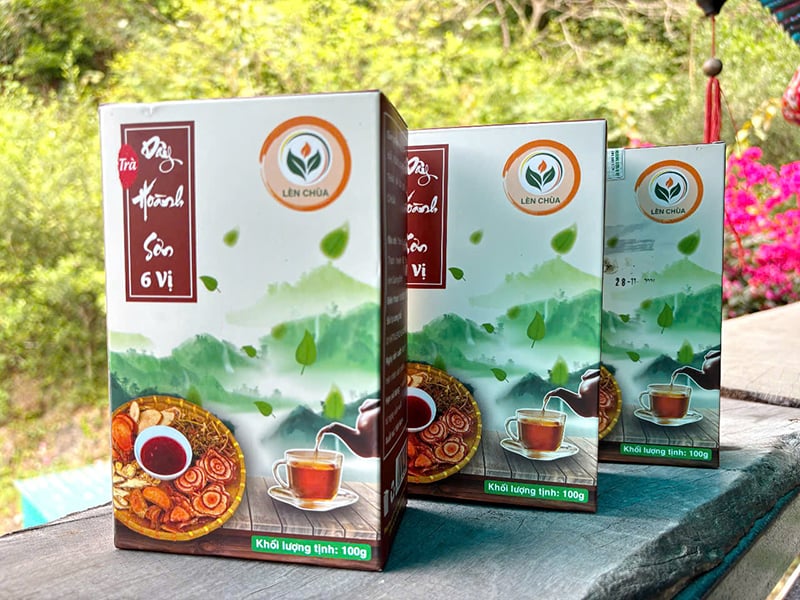
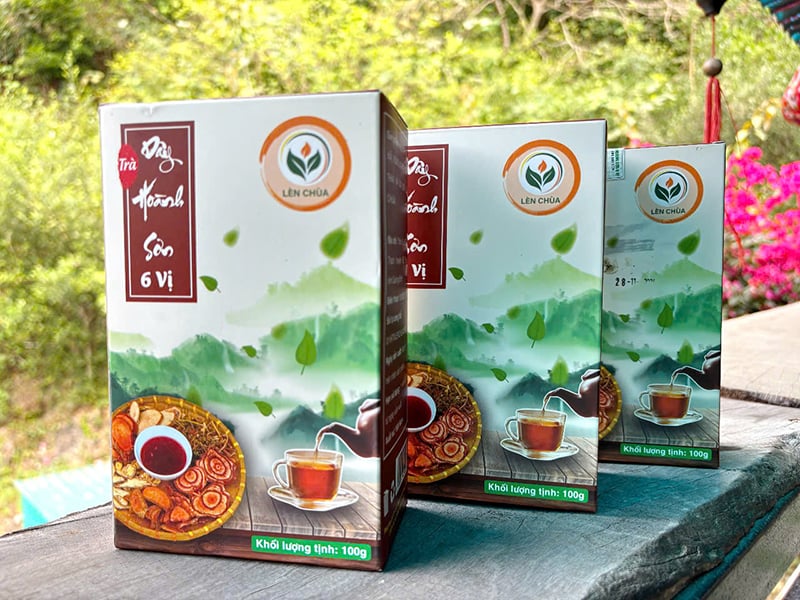


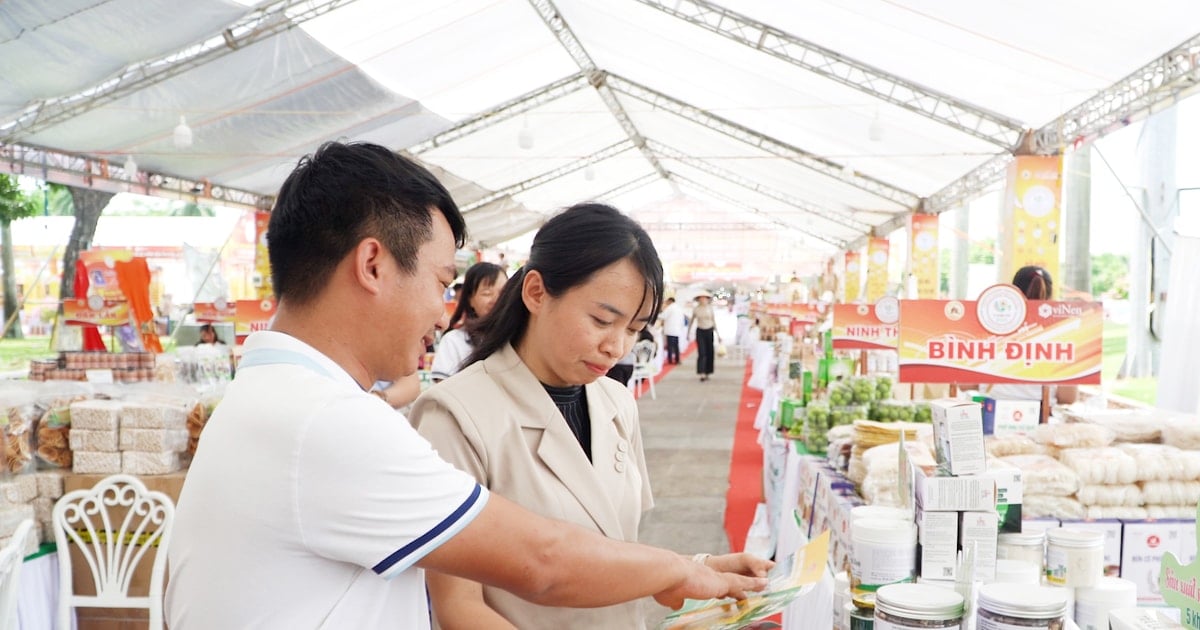

Comment (0)